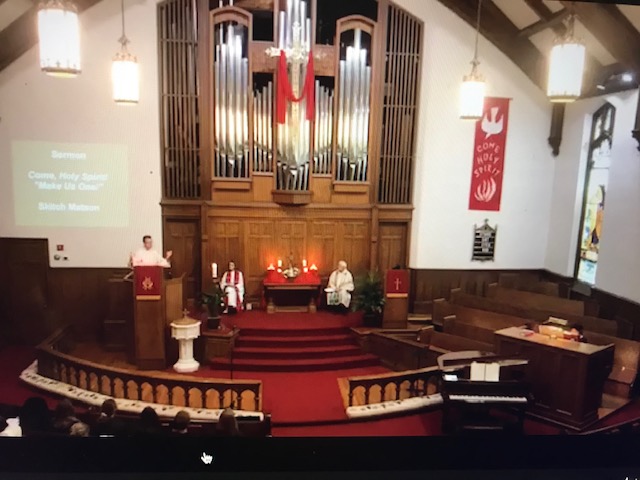On Sunday, September 22, 2019, Pastor Jennifer Smith-Walz preached a sermon titled “Companions Along The Way” from the sermon series “Come! Journey With Jesus.” The Scripture for the week is 2 Kings 2:1-15
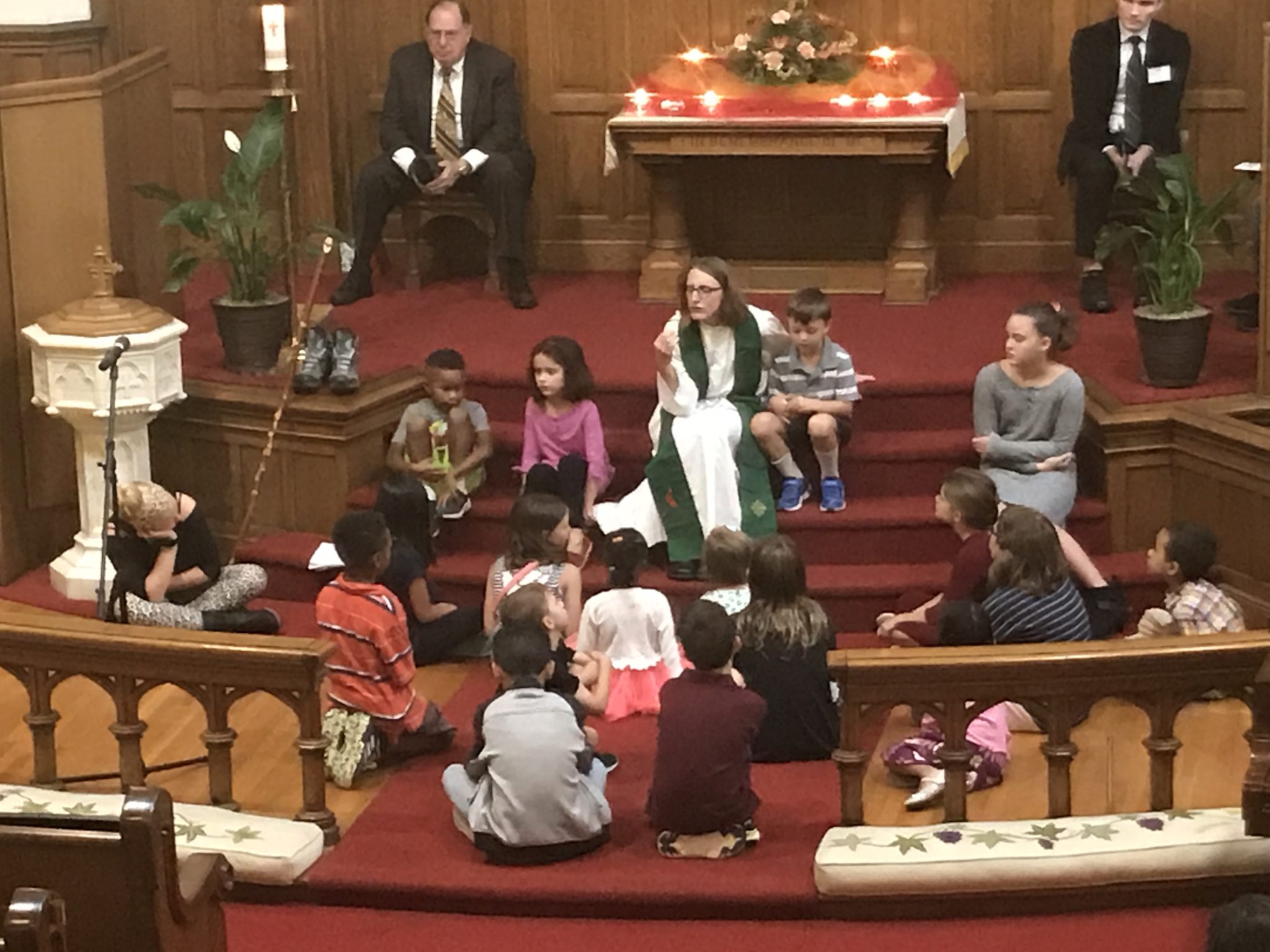
As you think about your discipleship, think of who has helped you along the way. Teachers, mentors, authors? As a Seminary graduate, pastor, lifelong churchgoer, I’ve had many teachers, been to many classes, read many books, listened to many sermons and podcasts, done many studies, and attended many retreats. What has been the most impactful to me is talking and hearing from other people who helped me along the way, and asking how it is with my soul. When called to discipleship, did I follow, or did I not follow? Do I feel accountable for those things I did?
Discipleship means intentionally following Christ. It’s a journey through which God’s grace transforms us and opens us to see ourselves as God sees us, as his beloved. We can then learn to love God, and Jesus and others. This week we remember that disciples are made, not born. There is no such thing as a solitary disciple. In discipleship, we discover more and more how crucial companions are on this journey.
Today the story of Elijah and Elisha who are Old Testament prophets makes us see what companionship along the way means. Though we are in the Old Testament, even before Christ’s coming, the pattern is parallel to that of the New Testament. It starts in 1 Kings 19. Elijah is not only a prophet but a super-prophet. God tells him to take on Elisha as his successor. Elijah found Elisha plowing the field and threw his mantle on him. Elisha knew what it meant. He was at first reluctant like the rich young ruler of last week, but he accepted the call. We also need to hear God’s invitation through inward and outward calls. How? When? Discernment, resistance, acceptance.
We know Elisha received on-the-job training and became Elijah’s disciple. The job was difficult and risky. It involved speaking God’s truth to people, especially those in power, holding them in check, warning, and correcting them. It requires remaining faithful to YAHWEH in a world where Pharaoh had all the power.
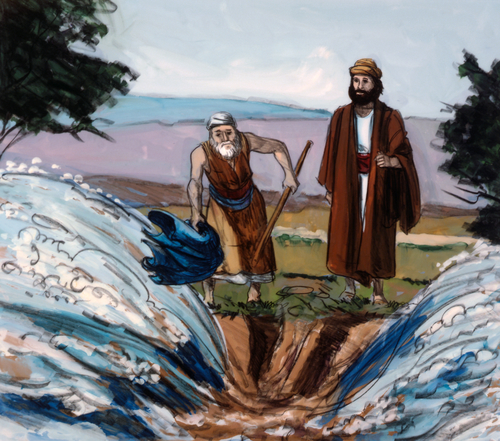
In this remarkable journey of discipleship, Elisha made an undying commitment to a life together with Elijah, sticking with him through stability but also conflict, struggle, or disagreements. Elisha was Elijah’s disciple until Elijah was taken up into heaven. Elisha was able to see when the whirlwind and chariot of fire came and was ready to receive Elijah’s mantle, a symbol of authority and God’s power. When Elijah’s time ended, Elisha became the new prophet.
Companions help us to live more fully into who God created us to be, with our unique gifts, personalities, spirit types, etc. Leaders emerge or are called, holding faith for each other. This companionship is reminiscent of John Wesley and the Holy Club.
How is it with your soul? Do you follow God with all your heart? Will you answer God’s call? If yes, then find a companion. I invite you to travel on this journey of discipleship together.
The sermon is a podcast on this webpage under the category worship. Here is the link
For the complete video of the September 22 service, found on Princeton United Methodist Church Facebook page, click here.

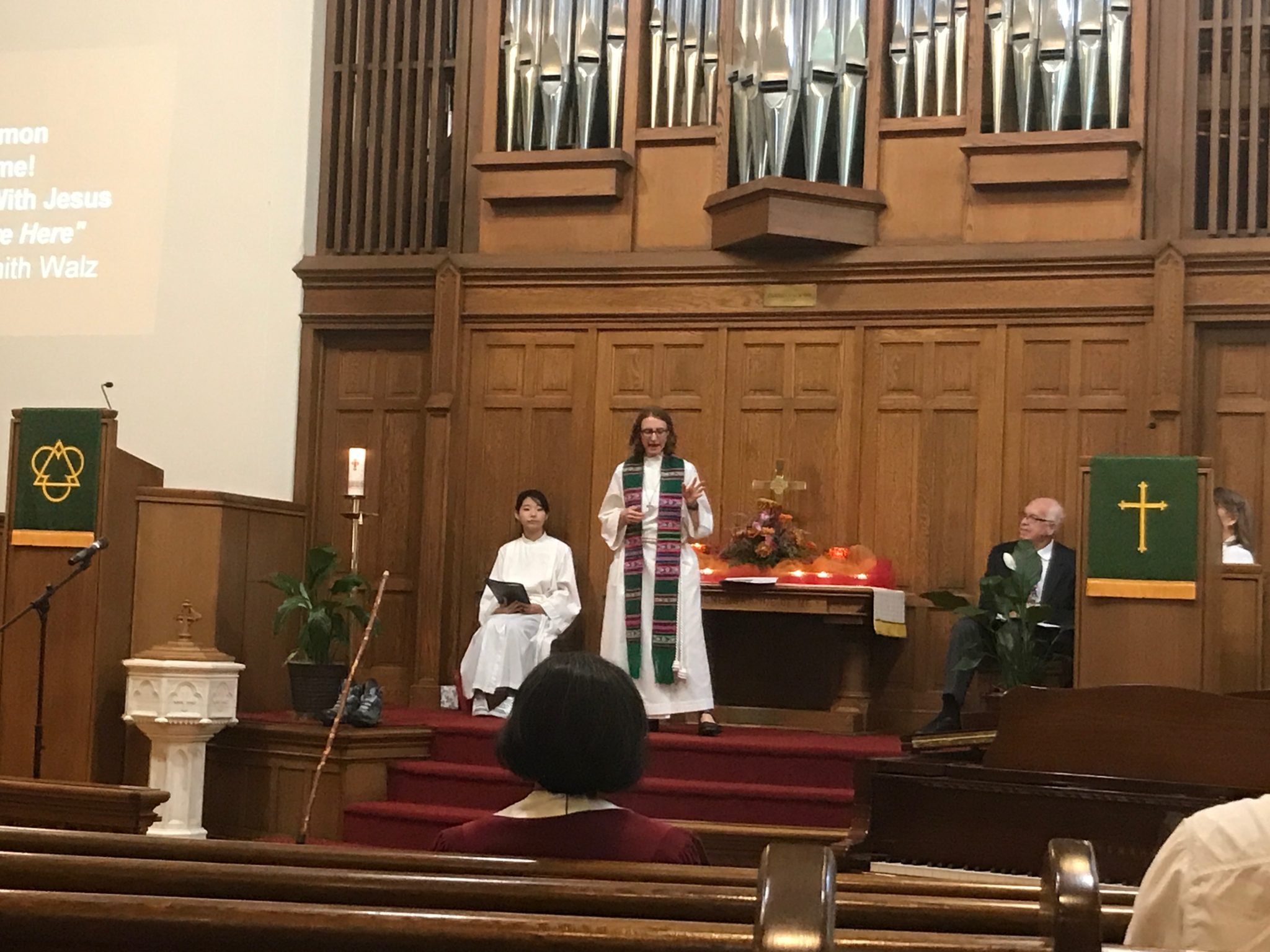

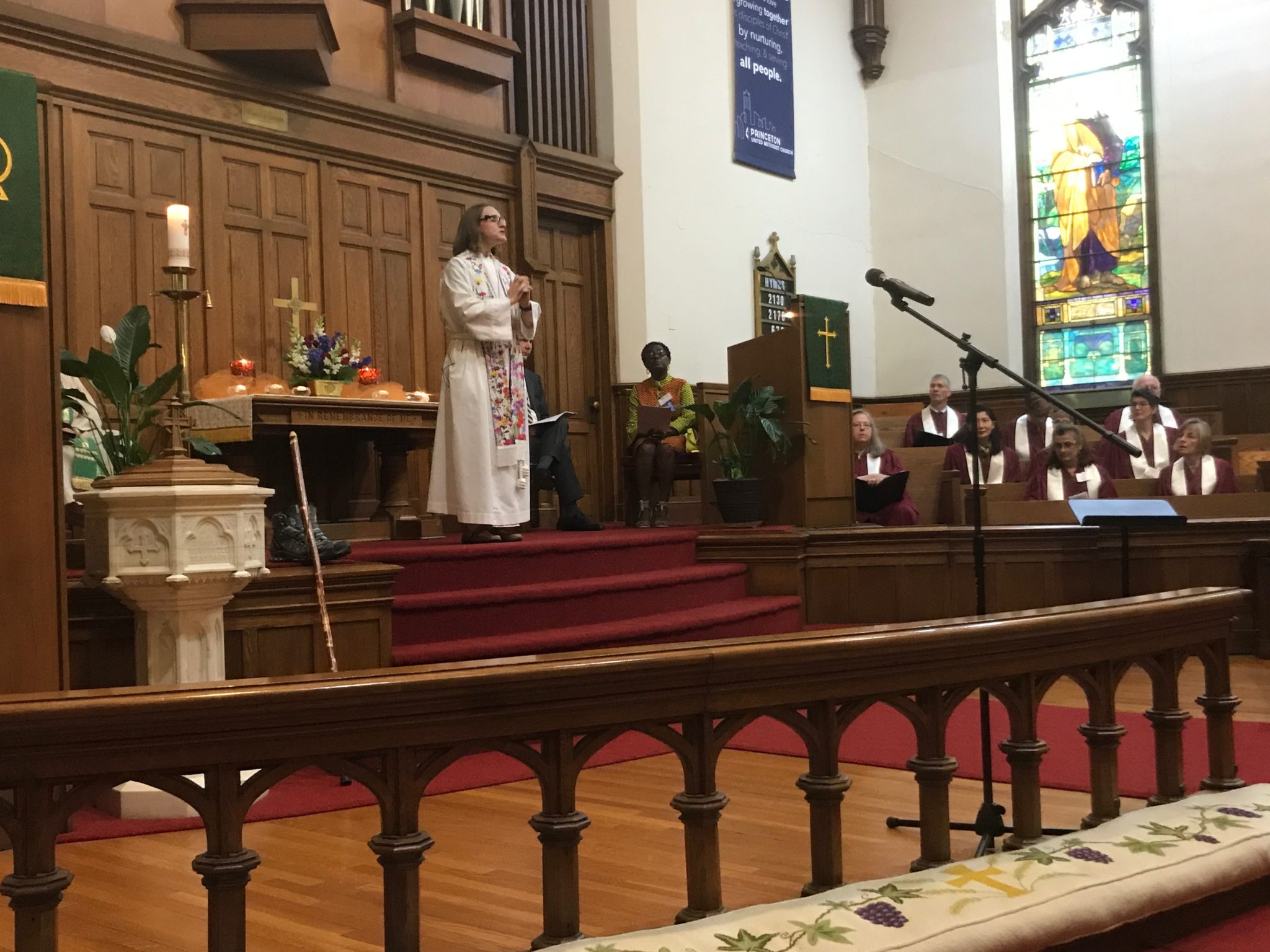




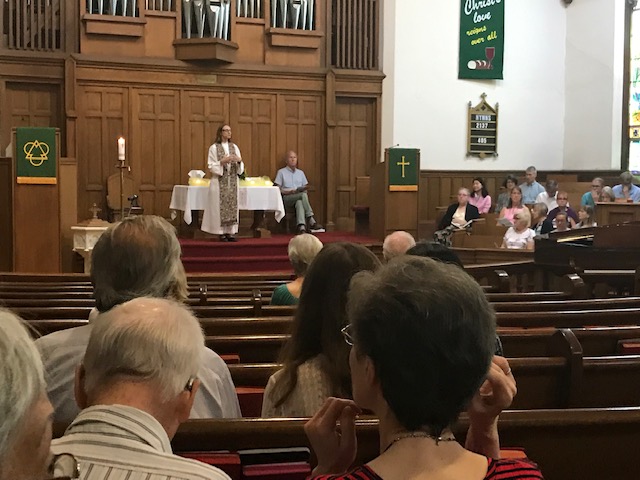

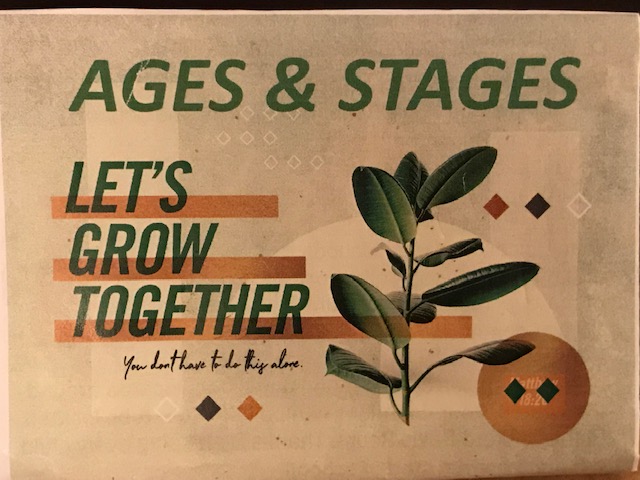
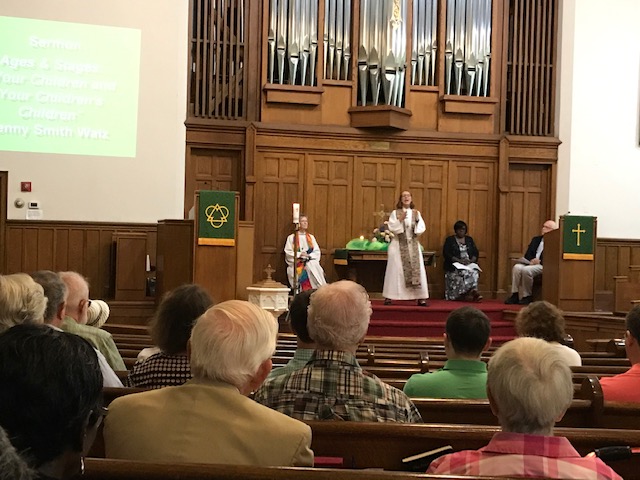
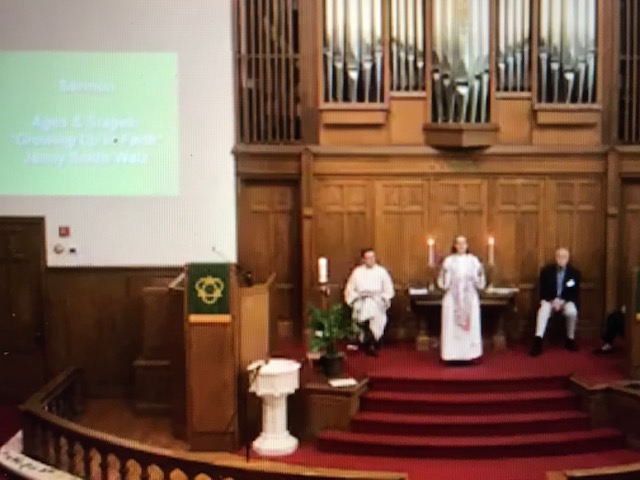




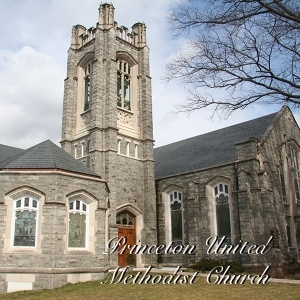


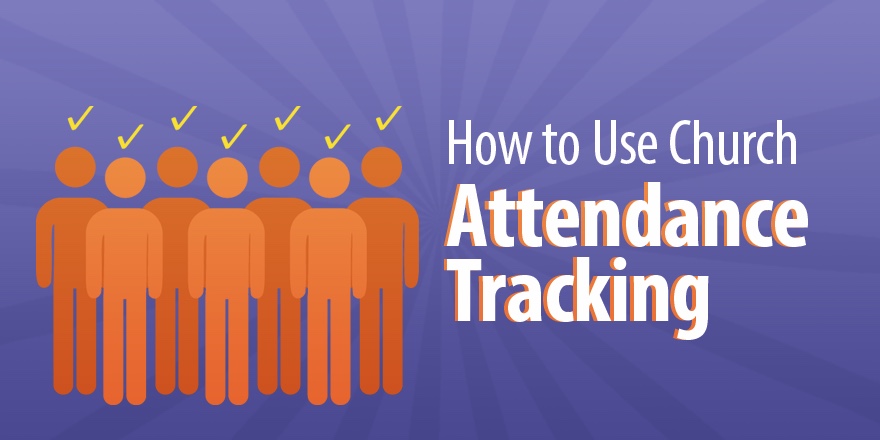
 For Freedom, Christ has set us free, so that we may enjoy the benefits of freedom. How appropriate this is on the
For Freedom, Christ has set us free, so that we may enjoy the benefits of freedom. How appropriate this is on the 
